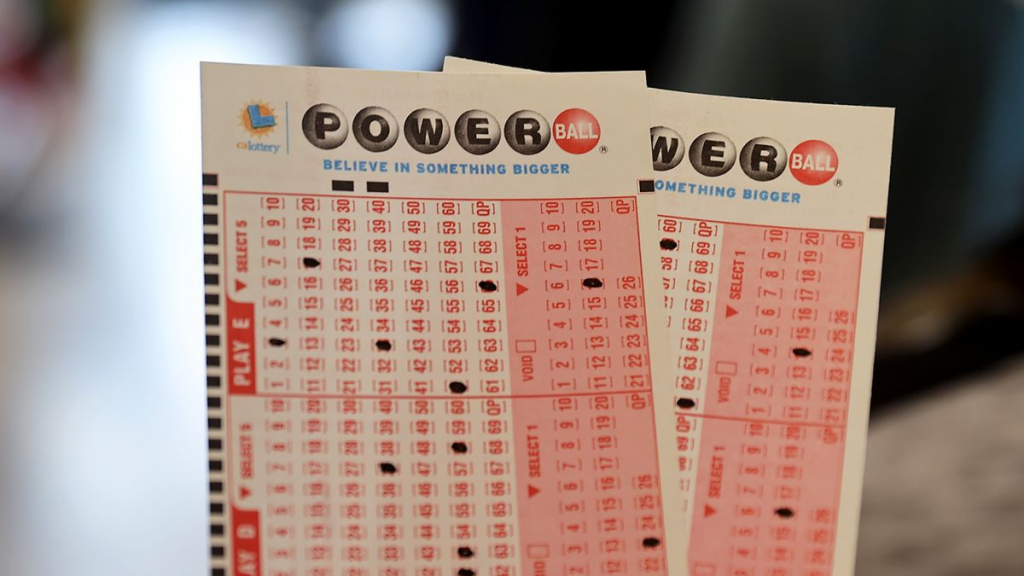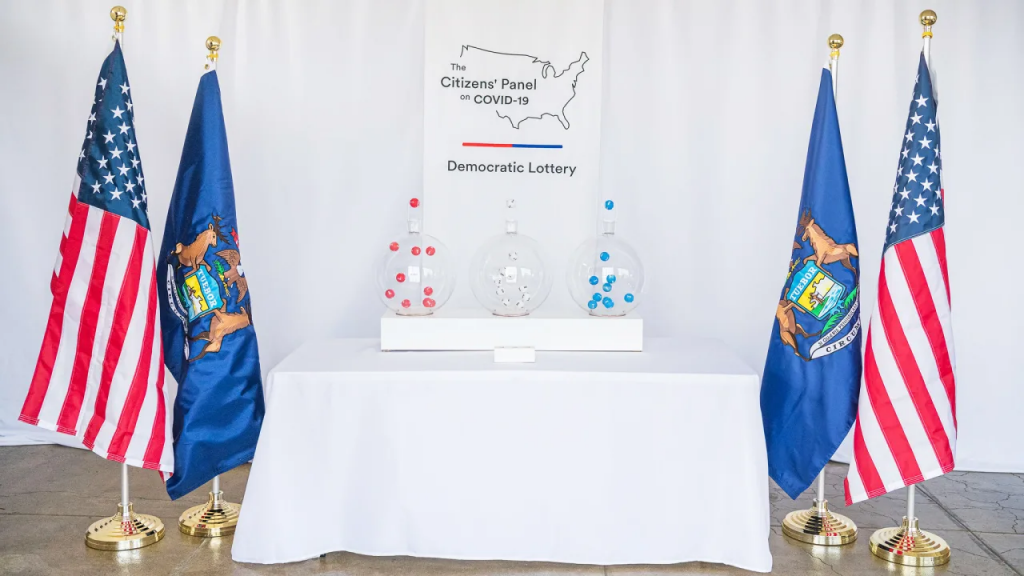Many people are searching for an alternative to the tiring spectacle as the American presidential election approaches and the contentious social media battlefield is already heating up. Would a lottery system work as a solution? A psychologist from the Wharton School of the University of Pennsylvania believes that the concept may not be as absurd as it first appears.
Professor Adam Grant makes a startling suggestion in a thought-provoking opinion post for The New York Times: replace the current method of electing leaders with a lottery. Grant makes the case that randomized selection, as opposed to the existing model of selecting leaders based on charisma and electoral prowess, could result in better decisions and more successful leadership. Grant bases this claim on psychology research by Alexander Haslam.
Grant highlights the historical precedent of using lotteries to select leaders, citing ancient Athens where government officials were chosen through a random lottery from a pool of qualified candidates. He suggests that modern America could adapt a similar approach, potentially requiring candidates to undergo a civics test to gauge their suitability for public office.

The lottery system’s benefits extend beyond selecting capable leaders. Grant contends that it could mitigate the problem of power-hungry individuals seeking office for personal gain. By removing the allure of power associated with elected positions, a lottery could attract a more diverse and altruistic pool of candidates, ultimately benefiting society as a whole.
The idea of using lotteries for governance isn’t entirely new, which is interesting. Lotteries have been tried out in modern nations like Canada and Europe to involve individuals in decision-making processes, especially when tackling difficult concerns like climate change.

However there are several obstacles in the way of putting such a system in place in the US. Any dramatic change would be a difficult undertaking given the nation’s deeply rooted election tradition and constitutional underpinnings. Grant underlines the appeal of a system that would enable improved leadership selection and end the toxicity of political campaigning while acknowledging the significant obstacles.
While the prospect of adopting a lottery-based political system in the US remains remote, it does provoke intriguing questions about the current state of democracy and its potential evolution. As the nation continues to grapple with the dynamics of power, representation, and governance, Grant’s proposal offers a novel perspective on how to achieve more effective and less divisive leadership.


